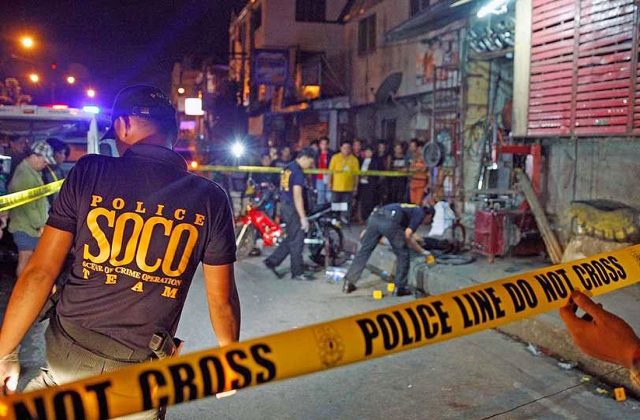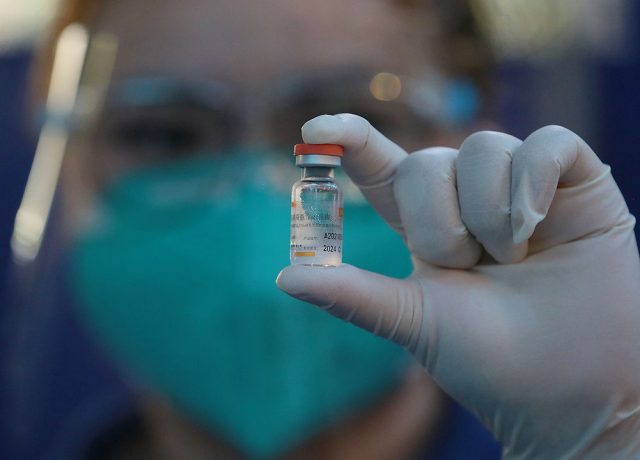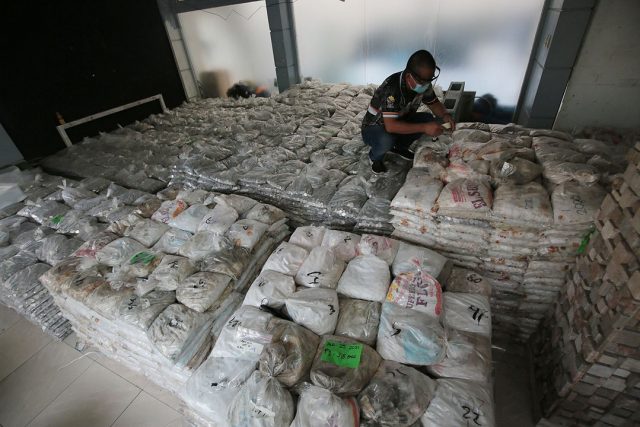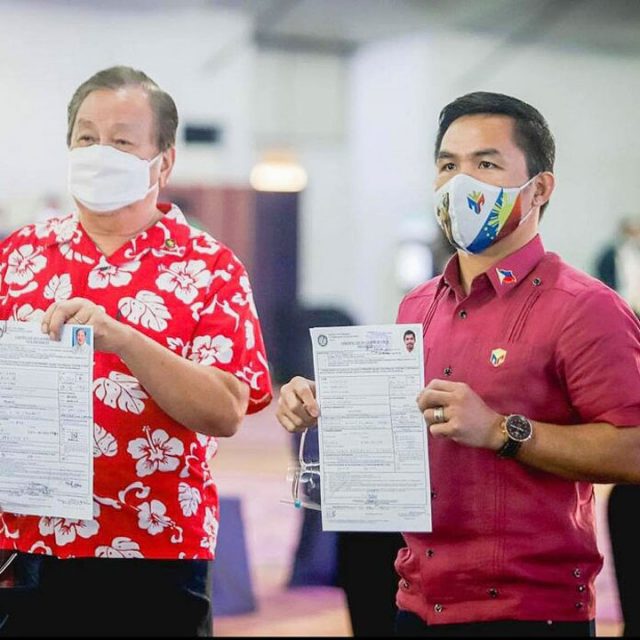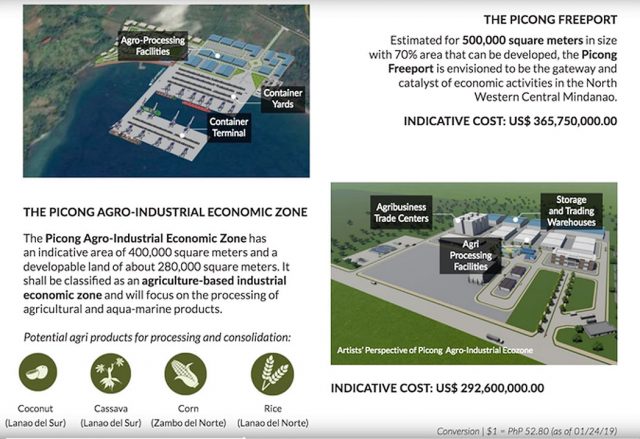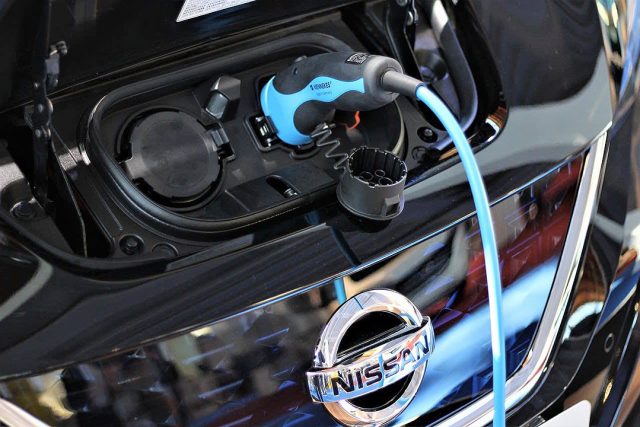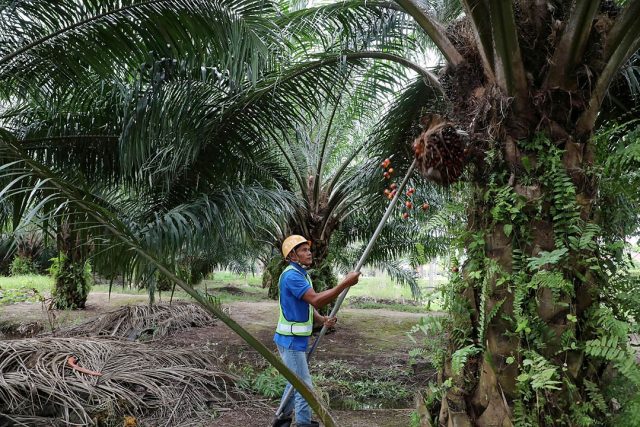DoJ sees criminal liability of police in drug war cases
JUSTICE SECRETARY Menardo I. Guevarra said 154 policemen involved in the 52 drug war cases turned over by the national police in June to the Justice department will possibly face criminal charges and not just administrative liability.
“The DoJ (Department of Justice) noted that based on the facts gathered by the Philippine National Police (PNP) Internal Affairs Service, the police officers involved in these cases were not only administratively liable; the existing evidence pointed to their possible criminal liability as well,” Mr. Guevarra told reporters in a Viber group message on Sunday.
He added that the 52 cases, which took four months of review, will be endorsed to the National Bureau of Investigation (NBI) for case build-up, if deemed necessary, and it can file the criminal complaints directly afterwards.
Of the 52 cases, Mr. Guevarra said one is not drug war-related and one does not involve death, but all cases will still be endorsed to the NBI.
Mr. Guevarra further said that the DoJ and the NBI “will cooperate in future investigations on similar instances so that criminal and administrative liability will simultaneously be determined.”
He said the report itself cannot be released yet to the public as it “is a confidential memo for the President, but we are informing the public of its contents.”
The Justice department will also discuss with the Commission on Human Rights if it should be involved in the next phase of the work of the drug review panel.
While waiting for the NBI’s action, Mr. Guevarra said the DoJ will focus on the nearly 100 cases connected to the drug war filed in courts nationwide.
In his speech on Sept. 21 at the 76th United Nations General Assembly, President Rodrigo R. Duterte directed the DoJ and the PNP to strengthen their review of drug war-related deaths.
Mr. Duterte also said that “(t)hose found to have acted beyond bounds during operations shall be made accountable before our laws.”
Human rights lawyer Neri J. Colmenares, in a telephone interview on Sept. 16, said the Duterte administration is “fooling the people to file drug war-related cases in local courts because the President has immunity here” over lawsuits.
Mr. Colmenares also said that many human rights lawyers think that the government investigation is “not genuine because it took place only five years after the extrajudicial killings started.”
About 6,100 suspected drug dealers and users have been killed since Mr. Duterte took office in June 2016, according to government data. On the other hand, the UN Human Rights Watch said in its World Report 2021 that its Office of the High Commissioner for Human Rights put the death toll from the Philippine drug war at 8,663. Other human rights groups, including the Commission on Human Rights, believe that the real figure is around 30,000. — Bianca Angelica D. Añago

